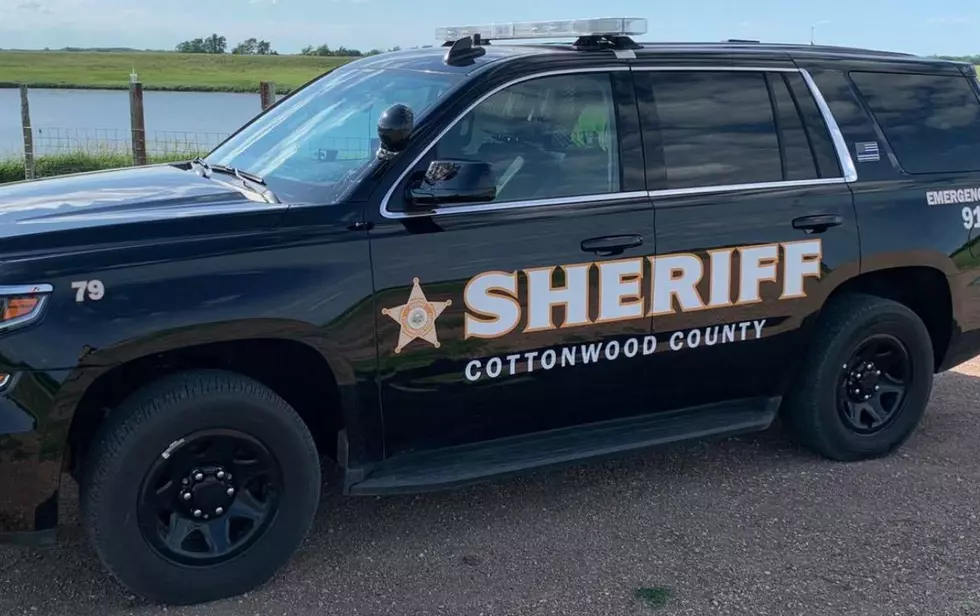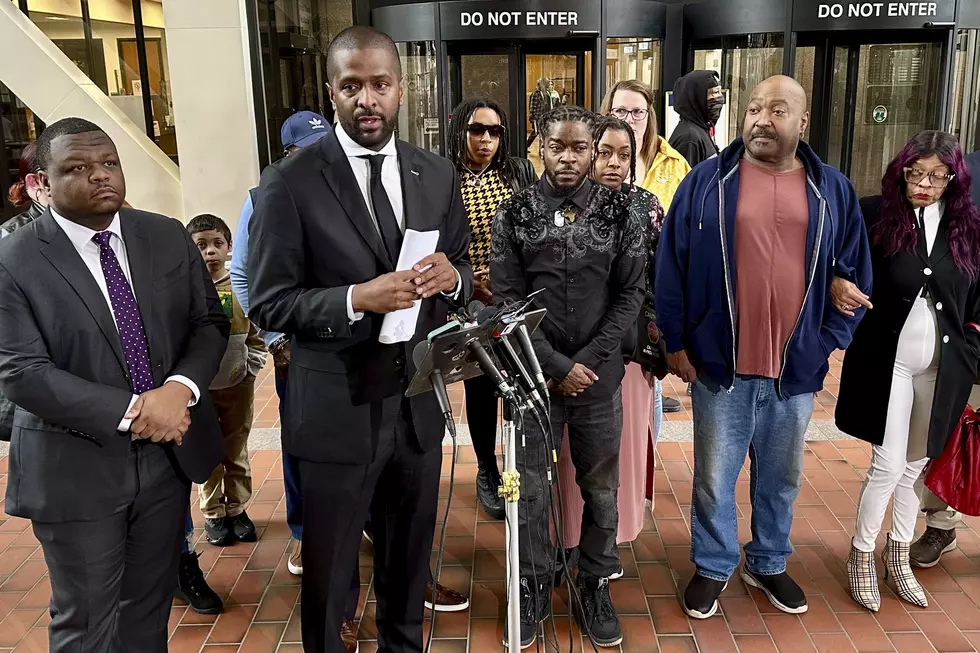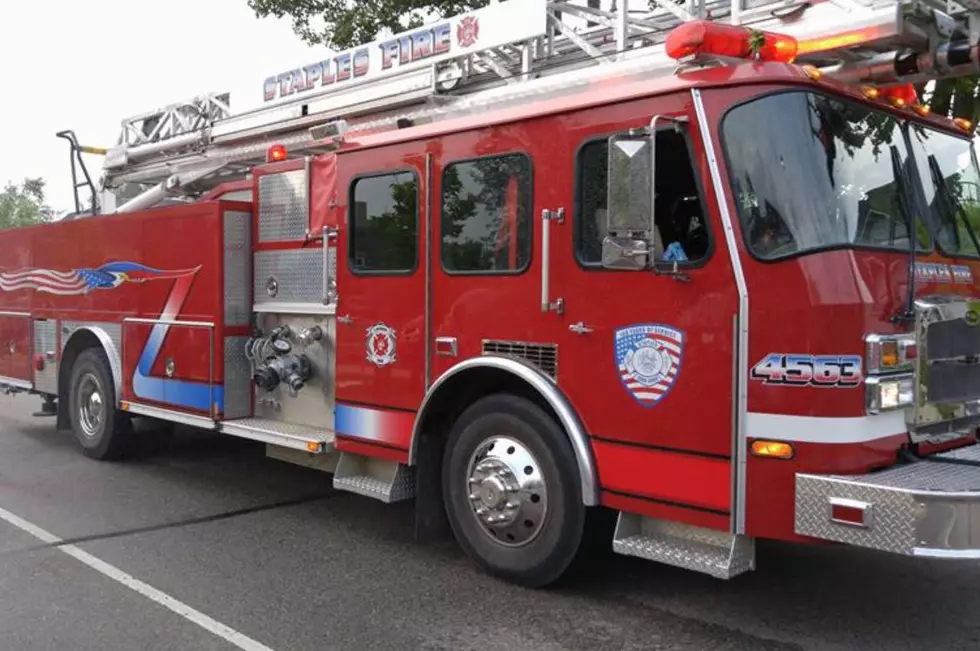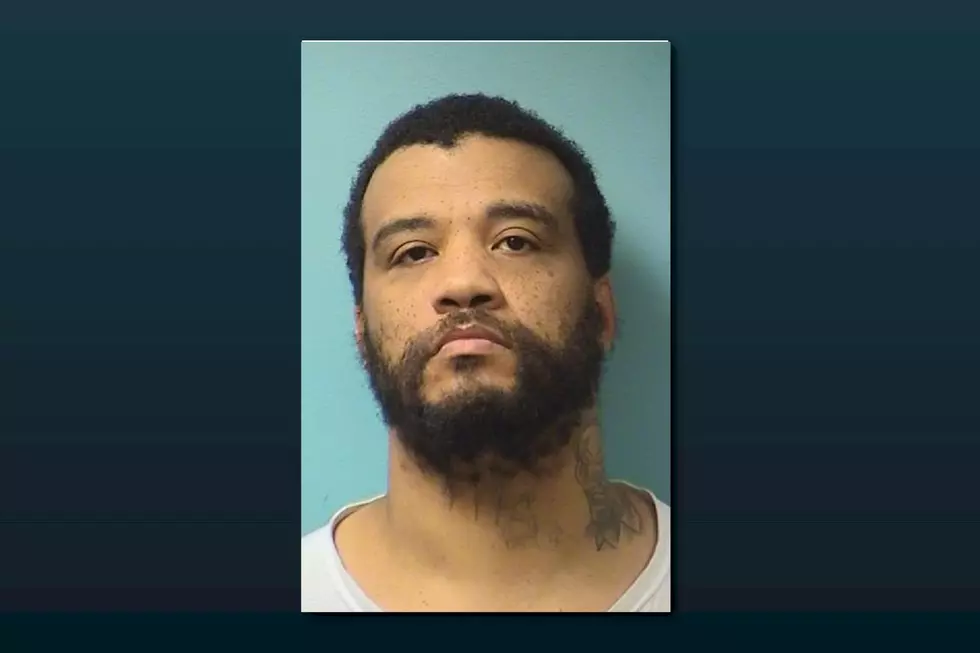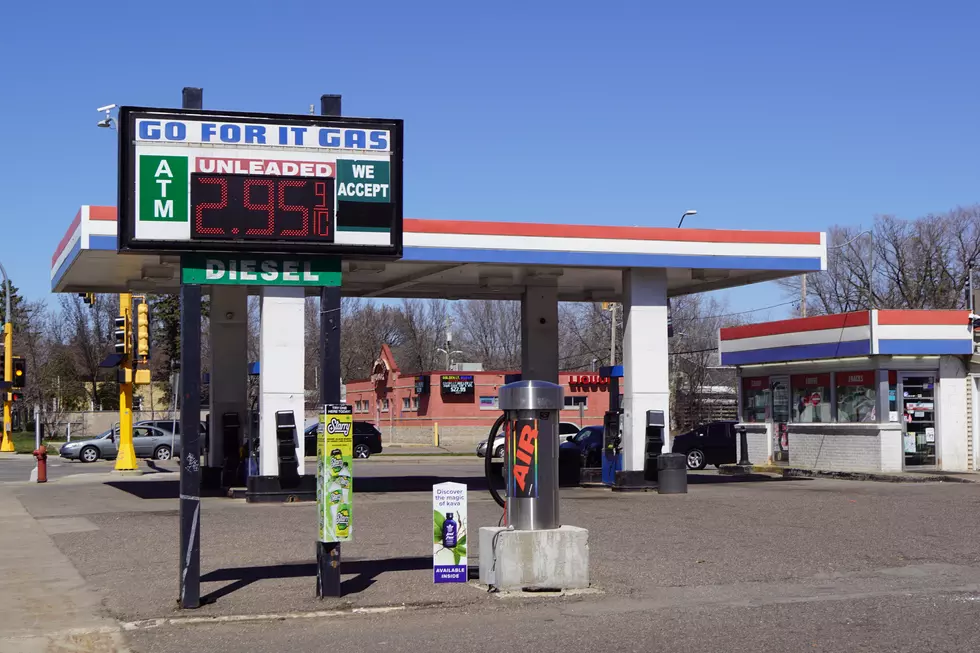
Governor Walz Offers Assurances During Federal Shutdown
ST. PAUL, Minn. (AP) — Gov. Tim Walz pledged Tuesday that his administration won't leave any Minnesotan behind as it taps state money to fill funding gaps left in programs by the partial federal government shutdown.
Surrounded by religious, community and governmental leaders, the Democratic governor said the shutdown represents "uncharted territory" and that his administration is still assessing the implications. He said it's affecting a huge swath of programs ranging from the Supplemental Nutrition Assistance Program formerly known as food stamps to highway projects that use federal funding.
The former congressman declined during his news conference to directly blame President Donald Trump for the shutdown. But he said it makes no sense to hold up agencies that have nothing to do with the border wall debate that's at the heart of the impasse.
"End this damn thing," Walz urged.
In the meantime, he said, the state has measures in place to protect its most vulnerable residents and to keep the federal programs it administers running for the time being. He said the state is able to manage the problem internally for now, all benefits are being paid, nobody in state government has been laid off and he's not asking the Legislature to come up with additional money — yet.
"This is a state that will not leave anybody behind. This is a state that said, 'We're all in this together,'" he said.
Human Services Commissioner Tony Lourey said SNAP would be the first benefits program harmed by the shutdown. Its money runs out at the end of February and it serves about 400,000 Minnesotans, more than 70 percent of whom are elderly, disabled or children. He said that for logistical reasons, the next round of payments will be posted on recipients' electronic benefits cards early, around Jan. 20, so their money will run out earlier in February than normal.
The governor also said his administration is working to try to ensure that the federal government fully reimburses the state for all the expenses it's covering.
Budget Commissioner Myron Frans said more than 6,000 of the roughly 17,000 federal workers in Minnesota had been working for 25 days without pay or been furloughed, and a little over 1,000 of them have applied for unemployment benefits. About 3,000 state government employees are partially or fully paid with federal dollars, he said.
It's not usual for Minnesota to spend its money on programs and to get reimbursed by the federal government later, Frans said. While the federal government generally reimbursed the state after previous shutdowns, he said there's no guarantee yet about this time. He didn't have a precise total, but said the state will easily need reimbursement for "tens of millions of dollars." He said he's also concerned about the impact of all the uncertainty on the broader economy.
Attorney General Keith Ellison, another former congressman, said he's exploring legal options, which could mean suing the federal government, either alone or with other states.
Lt. Gov. Peggy Flanagan, a member of the White Earth Band of Ojibwe, said tribal communities have been "disproportionately impacted" because their members depend on health care and other critical federally funded services. She said she's been reaching out to tribal governments to work on solutions.
House Minority Leader Kurt Daudt got applause when he told the crowd in the governor's packed reception room that his fellow Republicans want to be part of the solution.
"When we do agree on things, it's important for us to stand together and show Minnesotans that doing the right thing isn't partisan," he said.
More From KROC-AM

